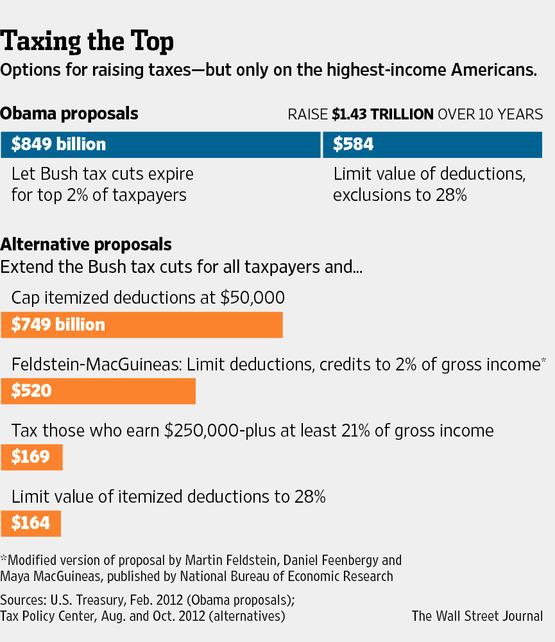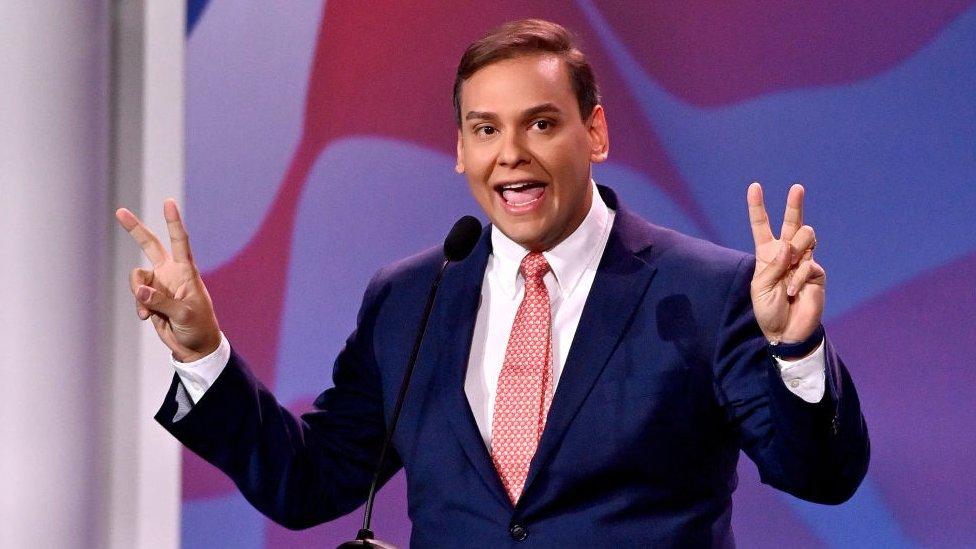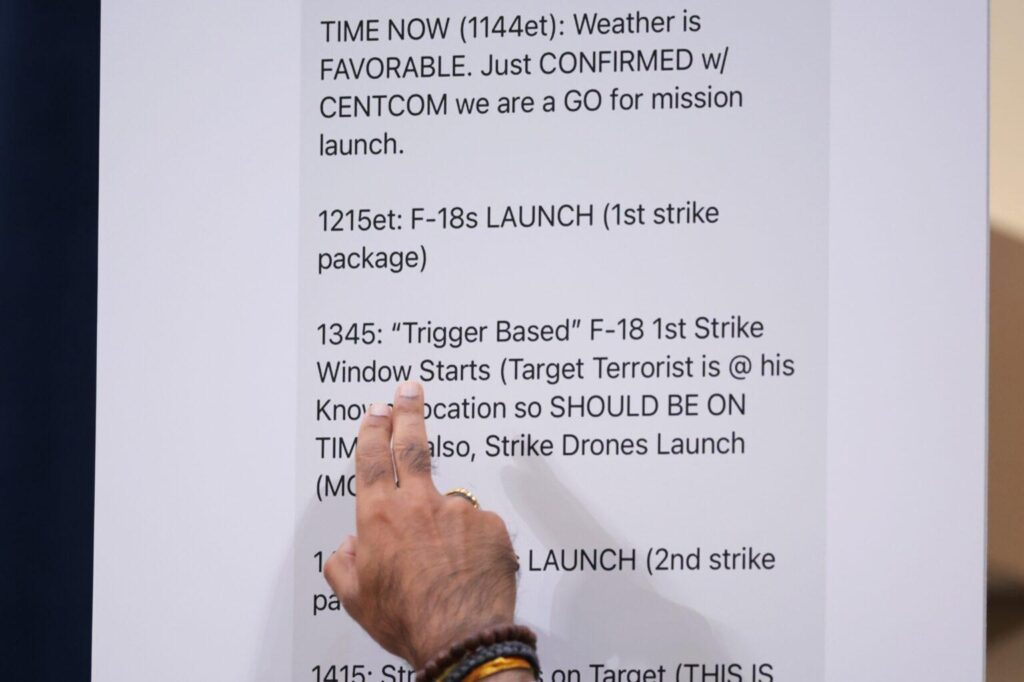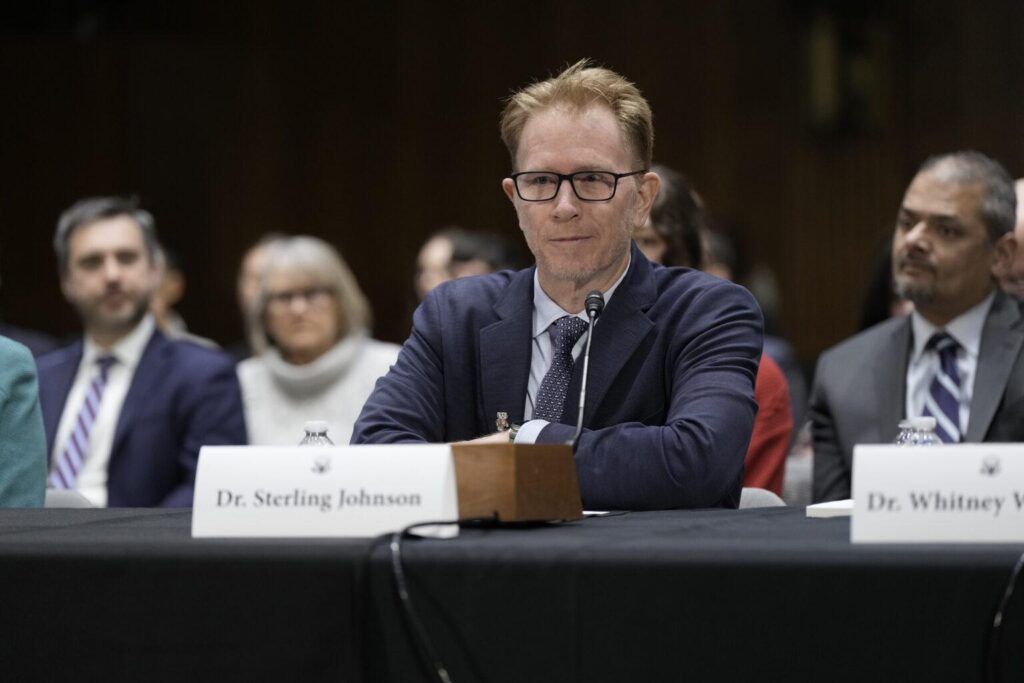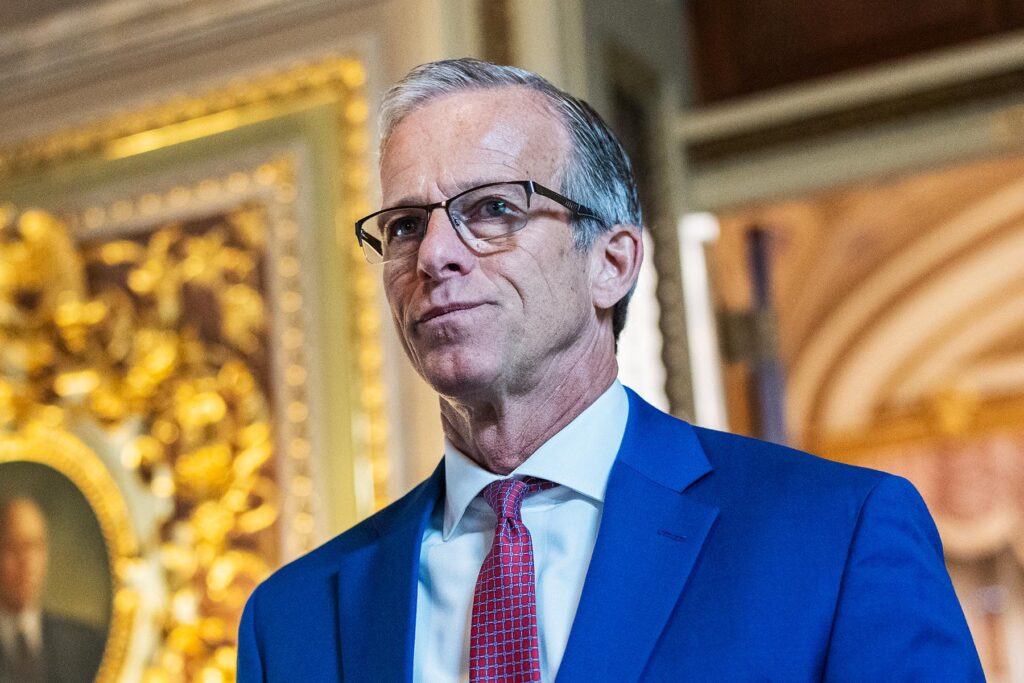In the hallowed halls of Congress, where political theater often eclipses substantive discourse, a peculiar moment unfolded that captured the attention of onlookers and social media commentators alike. MAGA Representative Derrick Van Orden,in what seemed to be an inadvertent display of self-awareness or perhaps an unintended performative gesture,appeared to mouth the words “I’m here” – a seemingly mundane statement that nonetheless spoke volumes about the theater of contemporary American politics. The chambers of Congress witnessed an unexpected moment during a recent high-profile hearing, drawing attention to Wisconsin Representative Derrick Van Orden’s peculiar nonverbal dialogue. Captured on camera, the Republican lawmaker seemed to silently articulate the words “I’m here” in a gesture that quickly became a subject of online discussion and political commentary.
The incident unfolded with a subtle yet noticeable facial movement, sparking immediate speculation about the intention behind his seemingly awkward communication.Political observers and social media users alike dissected the millisecond-long interaction, transforming it into a viral moment that transcended typical legislative proceedings.
Van Orden, known for his conservative stance and alignment with the Make America Great Again (MAGA) movement, has been no stranger to controversial moments.This particular incident added another layer to his public persona, highlighting the nuanced and often unpredictable nature of political interactions.
The silent proclamation of presence carried multiple potential interpretations. Some viewed it as a performative gesture designed to signal engagement,while others saw it as an inadvertent slip of body language. The ambiguity surrounding the moment fueled widespread speculation about its underlying meaning.
Social media platforms quickly erupted with memes, commentary, and analysis, demonstrating how rapidly modern political communication can transform a brief, seemingly insignificant moment into a broader narrative. The clip circulated rapidly, generating discussions about legislative decorum, political performance, and the microscopic scrutiny public figures face.
Within congressional circles, such subtle interactions often carry unspoken significance. Colleagues and political analysts parsed the gesture, attempting to decode its potential implications for ongoing political dynamics. The moment became a microcosm of the complex, sometimes performative nature of contemporary political communication.
Van Orden’s background as a former Navy SEAL and his subsequent political career have consistently positioned him as a figure who commands attention.This particular incident merely reinforced his reputation for generating discussion and maintaining a distinctive public presence.
The broader context of contemporary political discourse suggests that such moments, though fleeting, can considerably impact public perception. In an era of constant media surveillance and instantaneous digital communication, even the most minor gestures can become emblematic of larger political narratives.
Ultimately, the “I’m here” moment embodied the intricate dance of political visibility, communication, and performance that characterizes modern legislative interactions.



